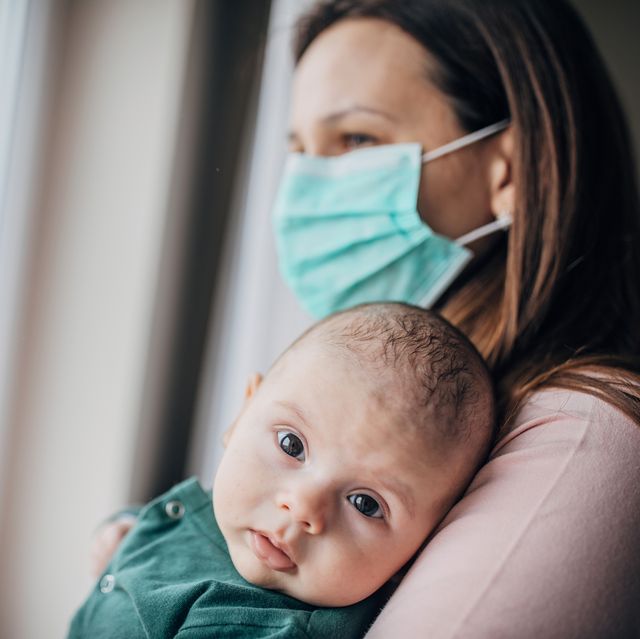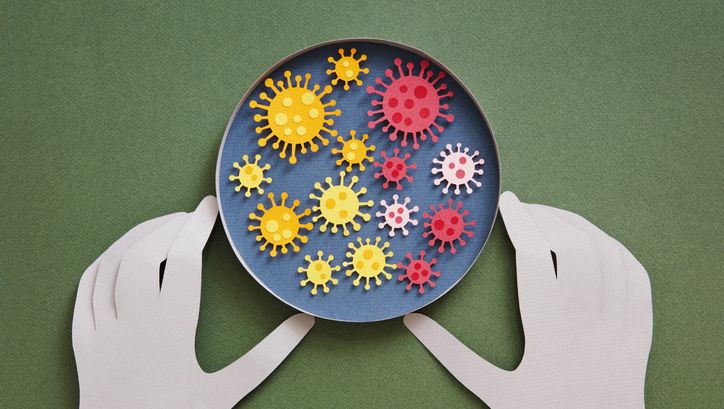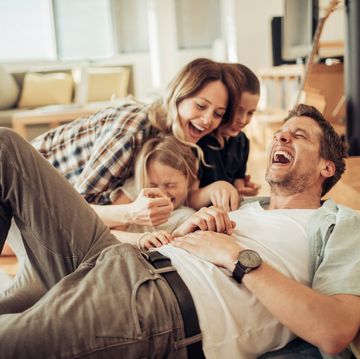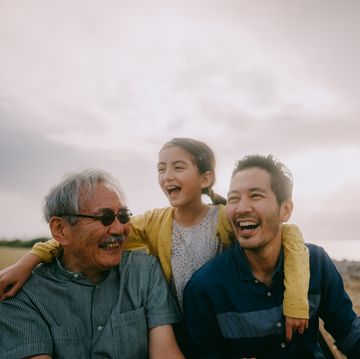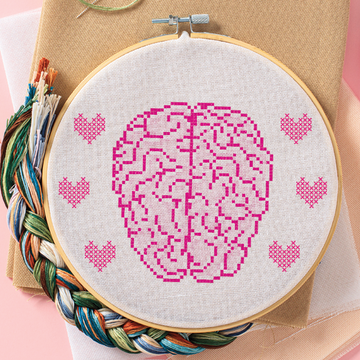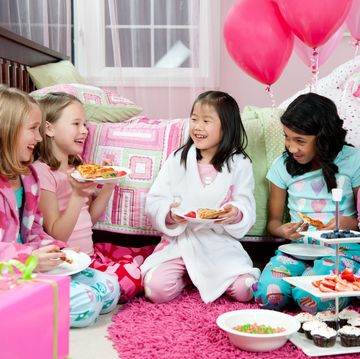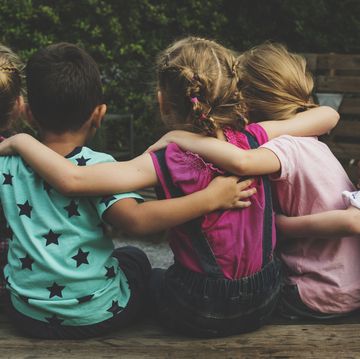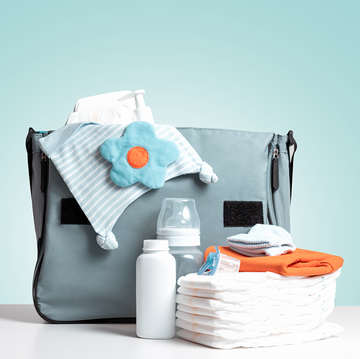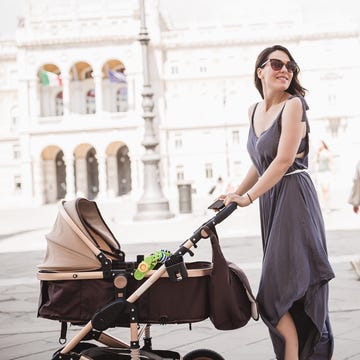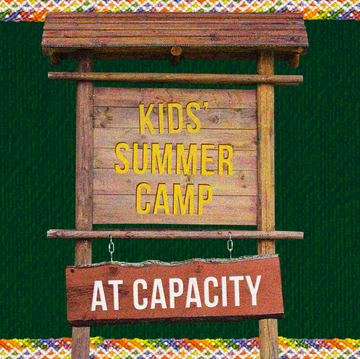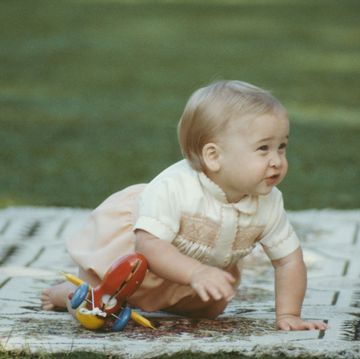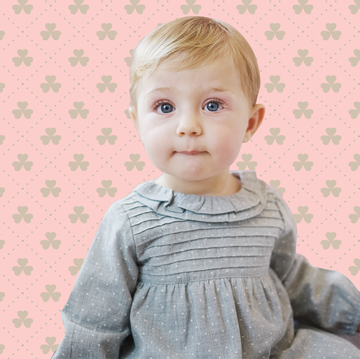As the parent of a 6-year-old, the past couple of months have been the hardest stretch of the pandemic since those harrowing first few weeks. Where once I had hoped for a “normal” school year, I’ve resigned myself to another year of COVID-related anxiety, classroom closures, the hassle of morning temperature checks and health forms, masking (and the ever-present need to wash and find clean masks) and all-around uncertainty. I spent the fall searching for updates on when vaccines would be available for kids her age, only to be met with an ever-changing timeline. (Maybe by back-to-school? Halloween? No, Thanksgiving. No wait, Christmas.)
Now that they’re here for 5- to 11-year-olds — something for which I am eternally grateful — I’m surprised by how much ambiguity remains. (Even more so for my friends with kids under 5, who are still in the Googling-for-vaccine-news-daily phase.) The risk calculations that I still go through for every birthday party, every outing and every indoor playdate are exhausting.
Add on top of that the FOMO of seeing people without kids whose lives go on without the stress of the matrix of decision-making hanging over every activity, and my morale was already pretty low. When I had to cancel a family vacation I booked in the more-optimistic spring to a destination that became a Delta hotspot, my mood cratered. Even though I know there are so many ways my family can consider ourselves lucky, I couldn’t shake the fog hanging over my head.
Harold S. Koplewicz, M.D., the founding president and Medical Director of the Child Mind Institute, helps name the emotion I’m experiencing and its effect. “Anxiety destabilizes us,” he says. “COVID uncertainty makes us anxious and that puts us on unstable ground.”
Stability is big for Dr. Koplewicz, who’s the author of The Scaffold Effect, which aims to help parents and caregivers raise self-reliant, resilient kids. The book contends that parental support of kids should be like a scaffold: It should lay a solid foundation, help kids grow and, eventually, be taken down so kids can flex their own problem-solving muscles. But how can parents and caregivers be good scaffolds for their kids when they’re on shaky ground themselves?
“I feel strongly about self care,” Dr. Koplewicz says. “In this moment, it's so critical for parents — because it makes them better parents. You have to put your oxygen mask on yourself first.” He notes that parents and caregivers benefit from a daily routine the same way children do. Putting a premium on whatever will get you through — eating well, sleeping enough nightly, exercising and doing some kind of mindfulness activity — will have benefits that compound if you make time for it every day.
Which is often easier said than done. When you feel your family’s health and emotional needs weighing on you every day, you put yourself in the backseat. But that doesn’t help anyone — even kids. “When you ignore and disregard your own feelings, you're modeling worthlessness for your kids,” Dr. Koplewicz says. “And kids take that in.”
He also warns against the opposite problem: Sometimes, in periods of high stress, parents tighten their grip and start to hover or micro-manage. “I think during COVID, we're so overwhelmed that our gut response is to just be efficient,” he says. “And it’s more efficient for us to fix things on a regular basis. But the question that we must keep in the front of our minds is, ‘What is the goal?’ And the goal is for our children to be independent young adults and not have us making every decision for them or solving every problem.”
This means giving them room to fail. “We have to let them trip a little bit,” he says. “We are going to have to let them fail and not call it a catastrophe. When you're very, very anxious, it's easy to catastrophize.”
Then again, there are situations when parents should definitely step in. He notes if your child suddenly can’t sleep, sleeps too much or can’t sleep without coming into your bed; has appetite changes; loses interest in things they once found fun or changes their level of socialization, these could be red flags that more interventions are necessary, especially if these behavior changes last longer than two weeks. (If something strikes you as off, you can always consult your family’s pediatrician.)
For now, I’m trying to stay focused on the bright spots. My daughter should have her full immunity by Christmas. We have plans to visit family for the holidays. Our weekends are once again peppered with visits from friends, even if they’re outdoors (My big lesson: always bring hot coffee) and the rules are all over the place (which I now meet with a shrug). And it seems to be working. My days are filled with less dread, and I’m even looking into re-booking that vacation.
